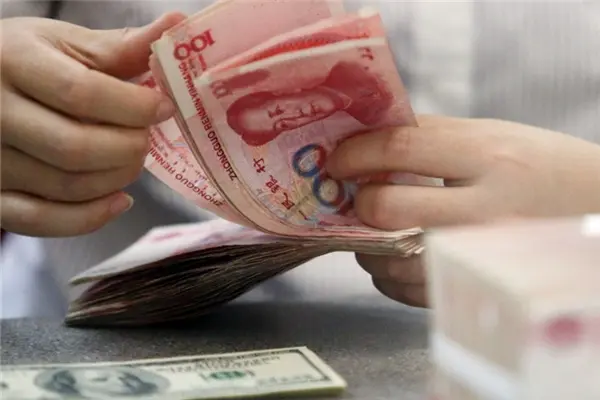U.S. Secretary of Treasury Jacob Lew said on Wednesday that China's current RMB exchange rate fluctuations reflect market forces, pointing to the G20 forums as important mechanism to foster global commitments.
Market forces are now putting downward pressure on the RMB, and the U.S. needs to accept that, Lew said in the question and answer session at the G20 Hangzhou summit preview event held by the Brookings Institution.
China has made it clear that it will move in an orderly way towards a more market-determined exchange rate, and is prepared to do that, said Lew.
But he added that China needs to allow the RMB to appreciate when the market forces are driving the RMB up.
In the upcoming G20 Hangzhou summit, Lew said that the U.S. will call on G20 members to use fiscal and other policy tools to support strong growth, and take measures to make sure working and middle class families can share benefits of growth and global economic integration in response to the rising skepticism about the globalization.
According to Lew, the U.S. will also press for action on excess capacity as well as fiscal measures to smooth the transition and increase short-term demand in tackling the excess capacity.
The Chinese have acknowledged for themselves that they have a problem with excess capacity, Lew said in the Q&A session.
He said the U.S. recognized it's hard for China to implement overcapacity reduction policies, as it involves not only economic, but political and social systems.
The U.S. will also urge more G20 members to phase out inefficient fossil fuel subsidies over the medium term in order to address the climate change, said Lew.
(APD)
 简体中文
简体中文

